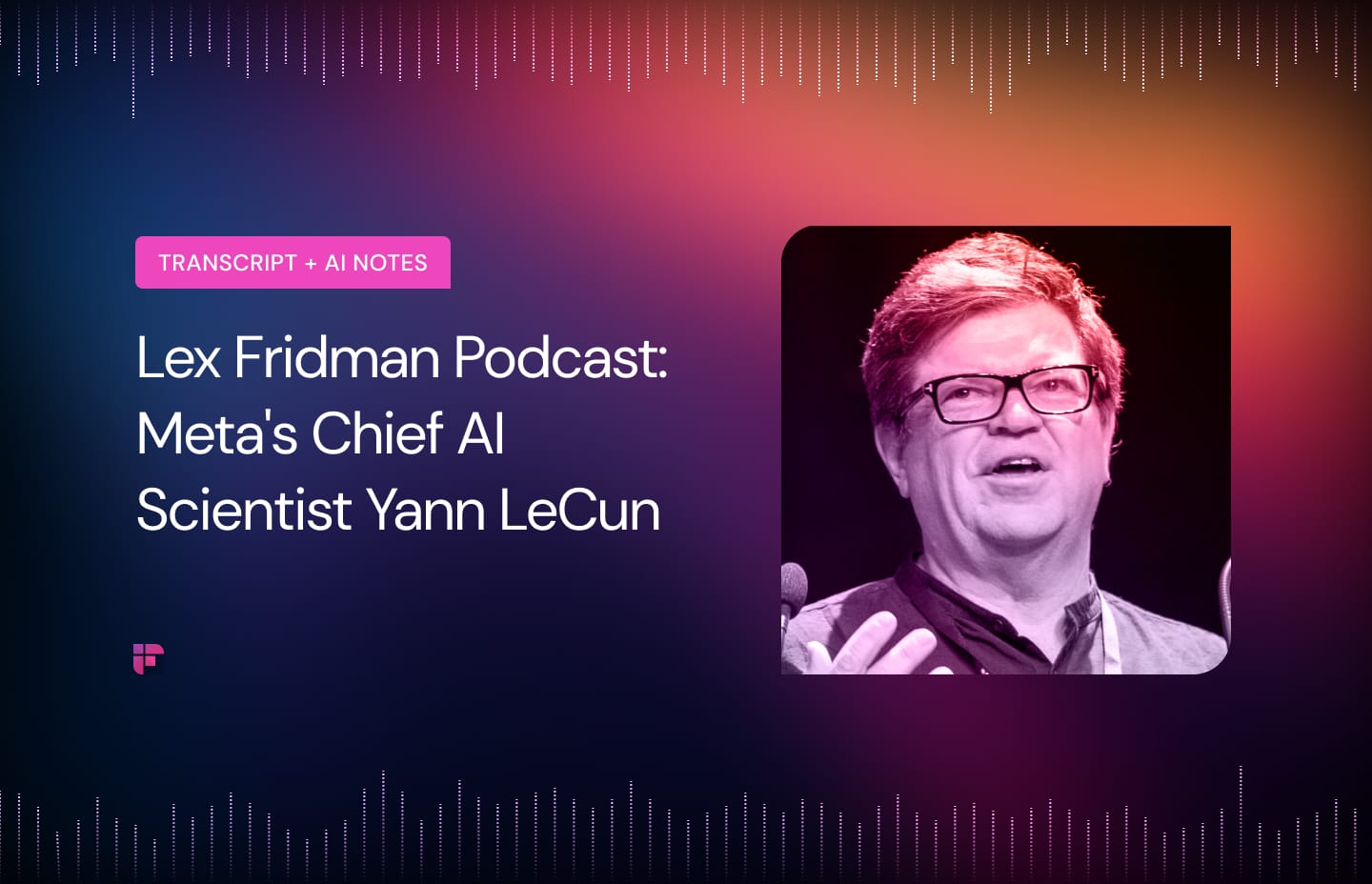Yann LeCun, Director Intelligence Engineer at Meta, confronts the current system in a sphere where generative AI is regarded as the next frontier of technological progress. Meeting Yann LeCun this week in London and attending his opening remarks at the Meta AI Day was a joy. In his speech, he outlined his vision for Objective-Driven AI systems, which he believes will be the next generation of artificial intelligence. He provided an open assessment of the shortcomings of generative intelligence. His claims are supported by years of ground-breaking research on machine learning and artificial intelligence, making them more than just opinions.
The Drawbacks Of Artificial Intelligence
Considering the potential to replicate human inventiveness in literature, graphics, and even music, generative AI has captured the attention of several. LeCun asserts, however, that this technology is “actually awful” compared to even the most basic creatures’ natural capacity for learning. He points out that Large Language Models, the backbone of modern generative AI tools, can produce text with extraordinary skills in specific domains. Still, at their core, they function by anticipating the following phrase based on previous input. This procedure cannot interact with the natural world or genuinely comprehend context, generating outputs that, while sometimes remarkably fluent, frequently need more accurate facts or common sense understanding.

As a result of their wise knowledge of the external environment and its intricate dynamics, humans and animals, on the other hand, have a remarkable capacity for learning from little information, adapting to new circumstances with agility, and applying acquired knowledge in widely diverse contexts. In manners that generative AI can now not duplicate, this natural intelligence enables the formation of common sense, a sophisticated understanding of the physical laws, and the capacity for inference and reasoning. LeCun highlights a critical distinction between the information processing and application processes of humans and artificially intelligent systems by emphasizing that even though generative models can amaze through their results, they lack the fundamental knowledge and learning mechanisms that define biological intelligence.
LeCun highlights several essential drawbacks, including the need for proper understanding and creativity in generative algorithms. Their answers are hallucinations. He said, “They aren’t able to be accurate,” highlighting the models’ incapacity to comprehend practical science’s complexities or produce sensible answers. Because of this inadequate knowledge management, generative AI can yield impressive results but cannot deliver the depth and consistency needed for more significant tasks.

The Goal-Driven AI Vision
LeCun offers a practical opposition to his criticism. To radically rethink artificial intelligence and turn it away from a tool for identifying patterns into a system that can comprehend, anticipate, and interact with the external environment with intelligence comparable to living things, he pushes for a radical change towards Objective-Driven AI. According to LeCun, AI systems will create “world models”—rich, insider representations of how objects function, interact, and change—in their design. Thanks to this basis, these systems can simulate results, think ahead, and make well-informed decisions to accomplish particular goals.
Objective-driven AI will be able to appreciate causal inference and the connections between acts and results, in contrast to existing artificial intelligence, which is best in specific fields but lacks causal comprehension. With this change, AI could develop and modify plans in real time based on a sophisticated understanding of social and physical reality.
With objective-driven AI, robots can work with people more effectively by providing insights, coming up with solutions, and realizing the bigger picture of what they do. It is more than just a tiny step forward. This idea marks a substantial advancement towards the development of artificial intelligent machines with the intelligence and intention to traverse the actual world’s complexities successfully.
Difficulties and Hope for the Future
There are many technical and scientific obstacles to objective-driven artificial intelligence. LeCun is open to creating AI systems as intelligent as humans or animals, which will be problematic, requiring far more skill than most people realize. “It’s usually tougher than we expect,” he said, examining the past of AI research, which has frequently been characterized by excessive optimism about the rate of advancement.
LeCun is confident in AI’s ability to eventually outperform human intelligence in all fields, even in the face of these obstacles. This belief is based on objectively evaluating technology advancements and the possibility of ground-breaking scientific discoveries rather than wishful thinking. LeCun stresses that this growth will take time and require a fundamental reevaluation of our present methods for developing AI.
A Request For The Artificial Intelligence Community To Take Action
LeCun’s findings are a wake-up call for the artificial intelligence research society as they suggest a shift away from the attractiveness of generative models and into the unexplored field of objective-driven AI. This change necessitates technological innovation and an intellectual reconsideration of intelligence in general and its reproducibility in artificial systems.
As he wrapped up his presentation, LeCun asked the audience and the larger Intelligence community a crucial question. Are we prepared to take on the opportunities and challenges of creating artificial intelligence systems that can comprehend and communicate with the outside world? Although the future holds many challenges and unknowns, the benefits—AI that is truly capable of reason, learning, and innovation—can transform how we interact with technology and unleash the full potential of people.
LeCun’s message is a criticism and an invitation to engage among the most incredible and thrilling scientific and technological adventures of our time as we stand on the verge of tremendous developments. According to LeCun, the future of AI lies not merely in building content-generating machines but also in developing systems capable of thought, learning, and, eventually, comprehending humanity with the variation and complexity of how people think.




